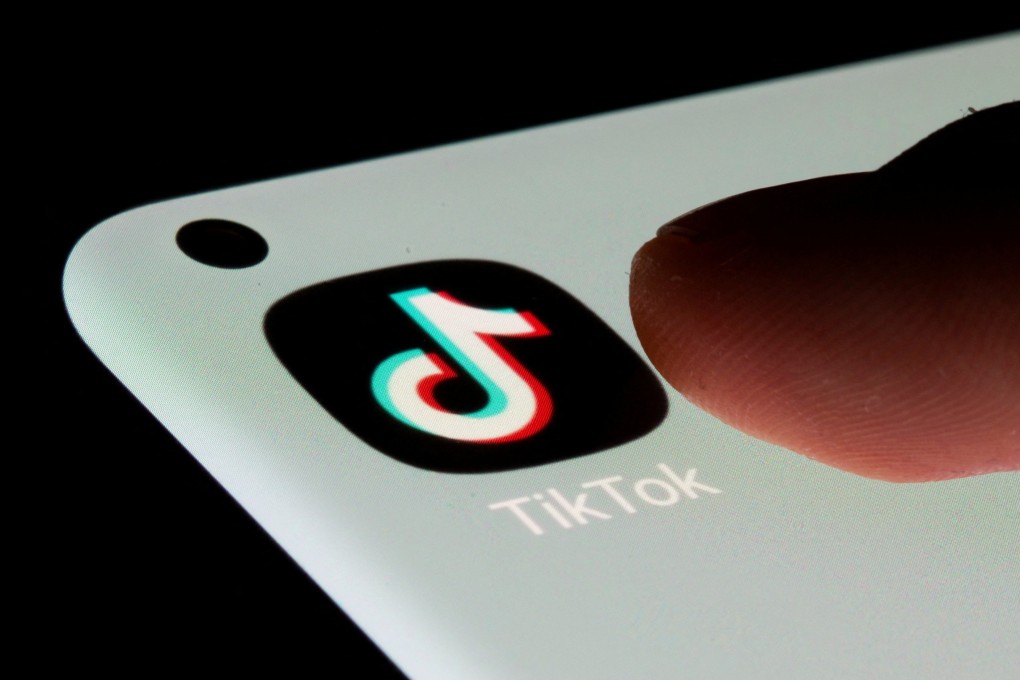TikTok updates its rules on hate speech to bar transphobic behaviour such as deadnaming
- TikTok’s explosive growth has made it a vital platform for teens and young people, putting its guidelines under increasing scrutiny
- Of the 91.4 million videos TikTok said it removed from the platform due to violations between June and September 2021, 1.5 per cent were classified as hateful content

TikTok is changing its definition of hate speech to include deadnaming and misgendering, part of an overhaul of the video app’s community guidelines aimed at rooting out transphobic and other harmful behaviour.
The ByteDance-owned short video-sharing platform also tightened its rules to bar videos that promote conversion therapy – attempts to change a person’s sexual orientation or gender identity – as well as eating disorders and dangerous trends such as “suicide hoaxes”.
“Though these ideologies have long been prohibited on TikTok, we’ve heard from creators and civil society organisations that it’s important to be explicit in our community guidelines,” Cormac Keenan, TikTok’s head of trust and safety, said in a blog post.
The updated guidelines now prohibit content that specifically targets transgender or nonbinary people by referring to them in ways that do not align with their gender identity, he said.
TikTok’s explosive growth has made it a vital platform for teens and young people, putting its guidelines under increasing scrutiny. Its success also has forced rivals to scramble to keep up.
After posting disappointing earnings last week, Meta Platforms CEO Mark Zuckerberg vowed to focus more on Reels, the company’s short-form video feature that resembles TikTok. The company has struggled to attract and maintain younger users on its flagship Facebook service.
TikTok recently made it easier for people to include their pronouns in their user bios, following in the footsteps of Instagram and Facebook. With the deadnaming change, videos that refer to transgender people by their names assigned at birth would be considered hate-speech violations.
At the same time, the company aims to protect the content of marginalised groups who are reappropriating terms – say, a racial slur – that would typically be used to disparage them, or who are using hate speech for the purpose of education.